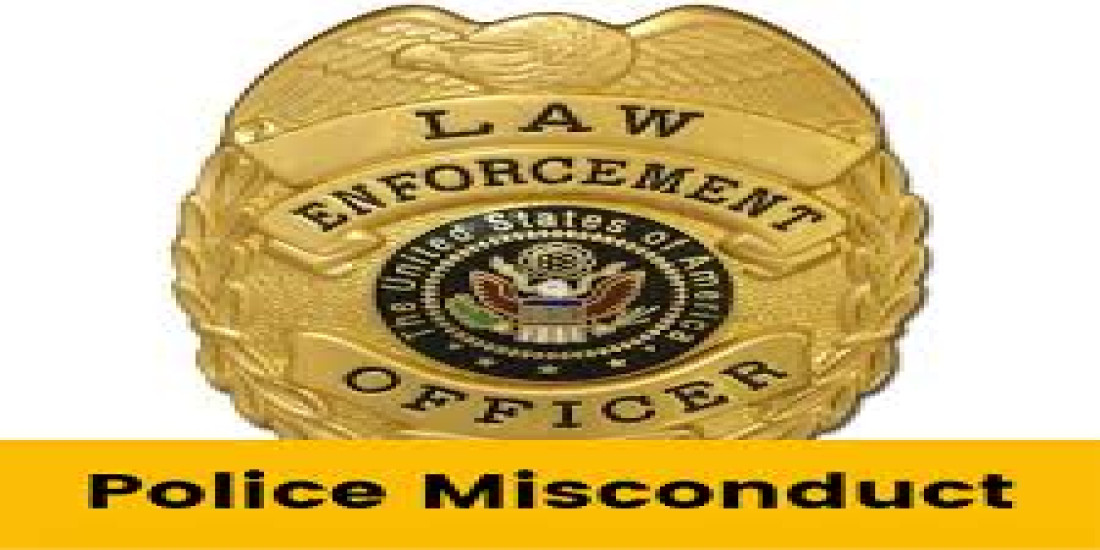2810 N Church St #53470, Wilmington DE 19802, USA

What is Brady Material?
Brady material refers to evidence that is favorable to the defense and is material to the guilt or punishment of the defendant. This principle comes from the landmark Supreme Court case Brady v. Maryland, 373 U.S. 83 (1963). The Court held that the prosecution must disclose any exculpatory evidence to the defense, as withholding such evidence violates the defendant’s right to due process under the Fourteenth Amendment.
Key Aspects of Brady Material
1. Exculpatory Evidence: Any evidence that could exonerate the defendant or reduce their culpability. This includes witness statements, physical evidence, and documents that suggest someone else committed the crime or that the defendant’s actions were justified.
2. Impeachment Evidence: Information that can discredit a prosecution witness, such as prior inconsistent statements, evidence of bias, or criminal history. This type of evidence is crucial for challenging the credibility of key witnesses.
3. Materiality: The evidence must be material, meaning there is a reasonable probability that its disclosure would have altered the outcome of the trial.
What is Jencks Material?
Jencks material refers to statements or reports made by government witnesses that relate to their testimony. This principle stems from the Supreme Court case Jencks v. United States, 353 U.S. 657 (1957). Under the Jencks Act (18 U.S.C. § 3500), the defense has the right to obtain these statements after the witness has testified on direct examination.
Key Aspects of Jencks Material
1. Witness Statements: Includes written statements made by the witness, signed or adopted by them, and any substantially verbatim recordings or transcripts of oral statements.
2. Timing of Disclosure: The prosecution must provide Jencks material after the witness has testified on direct examination. This allows the defense to use the statements for cross-examination purposes.
3. Scope of Use: The defense can use Jencks material to challenge the accuracy, consistency, and credibility of the witness’s testimony.
What is Giglio Material?
Giglio material refers to any evidence that could be used to impeach the credibility of a government witness, expanding on the principles established in Brady. This requirement comes from the Supreme Court case Giglio v. United States, 405 U.S. 150 (1972). The Court ruled that the prosecution must disclose information about deals, promises, or inducements made to witnesses in exchange for their testimony.
Key Aspects of Giglio Material
1. Impeachment Evidence: This includes any evidence that can cast doubt on the credibility of a prosecution witness, such as plea bargains, leniency deals, or any agreements that might influence their testimony.
2. Disclosure Requirement: The prosecution must disclose Giglio material to the defense to ensure a fair trial, as this information is critical for effective cross-examination and assessing the reliability of witnesses.
The Importance of Brady, Jencks, and Giglio Material
The disclosure of Brady, Jencks, and Giglio materials is vital for ensuring a fair trial and upholding the defendant's constitutional rights. Their proper disclosure and use can significantly impact the outcome of a case.
Ensuring Fairness
1. Balancing the Scales: By requiring the prosecution to disclose favorable and material evidence, the Brady rule helps balance the scales of justice and prevents wrongful convictions.
2. Effective Cross-Examination: Jencks and Giglio materials allow the defense to effectively cross-examine government witnesses, exposing inconsistencies or biases that may undermine their testimony.
Legal Obligations
1. Prosecution's Duty: Prosecutors are legally obligated to search for and disclose Brady, Jencks, and Giglio materials, even if the defense does not specifically request them. Failure to do so can result in the reversal of a conviction.
2. Defense's Right: Defendants have the right to receive these materials, enabling them to prepare a thorough and effective defense.
How Pro Se Help, LLC. Can Assist
At Pro Se Help, LLC., we understand the critical role that Brady, Jencks, and Giglio materials play in defending against criminal charges. Our team of experienced Self Representation Consultants can assist you in:
1. Identifying Potential Brady Material: We help you identify and request exculpatory and impeachment evidence that the prosecution may have.
2. Analyzing Jencks and Giglio Material: We assist in reviewing and analyzing witness statements and any deals or inducements made to witnesses to prepare for effective cross-examination.
3. Filing Motions: We guide you in filing motions to compel the disclosure of Brady, Jencks, and Giglio materials if the prosecution fails to provide them voluntarily.
Conclusion
Understanding and utilizing Brady, Jencks, and Giglio materials are essential for protecting your rights and ensuring a fair trial in federal court. By leveraging these legal principles, you can challenge the prosecution's case, expose weaknesses in their evidence, and bolster your defense.
At Pro Se Help, LLC., we are dedicated to empowering you with the knowledge and tools needed to navigate the complexities of federal criminal law. Contact us today for expert guidance and support in your legal journey.